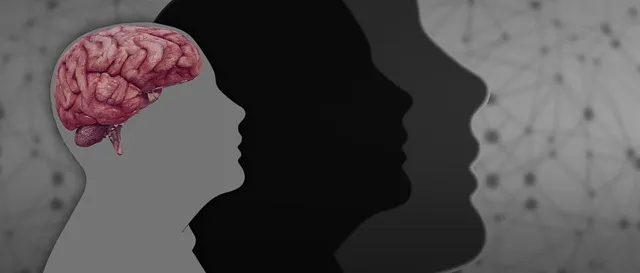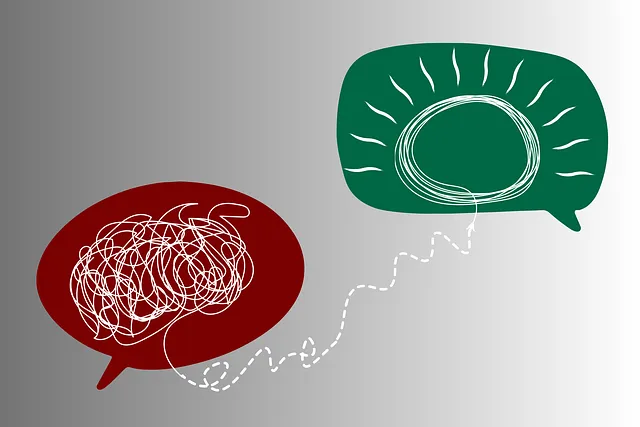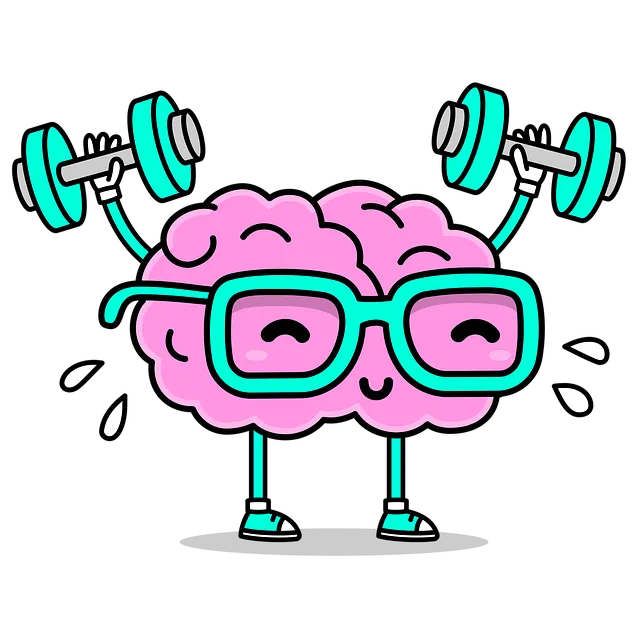Mental wellness journaling, through written reflection, enhances emotional regulation and self-awareness, guiding Parker to access Kaiser's mental health services for therapy, counseling, and personalized programs. Tailored prompts on peace, gratitude, resilience foster growth, track moods, and uncover stress triggers. Regular journaling builds inner strength, empowers proactive mental well-being management, and aligns with mental health policy analysis approaches.
“Unwind your mind and embark on a journey of self-discovery with Mental Wellness Journaling. This powerful exercise, backed by scientific research, offers a holistic approach to enhancing mental health. In this comprehensive guide, we explore the benefits of journaling as a therapeutic tool. Follow Parker’s story as she navigates Kaiser’s mental health services and learns to harness journaling prompts for personal growth. Discover effective techniques for tracking moods and thoughts, and learn how to reflect on your progress. For those seeking support through Kaiser, this article provides invaluable insights into utilizing journaling as an accessible and transformative resource.”
- Understanding Mental Wellness Journaling Benefits
- Parker: Navigating Kaiser's Mental Health Services
- Choosing Journaling Prompts for Personal Growth
- Tracking Moods and Thoughts: Effective Techniques
- Reflecting on Progress: Evaluating Your Journey
Understanding Mental Wellness Journaling Benefits

Mental wellness journaling is a powerful tool for self-discovery and growth. By dedicating time to reflect on one’s thoughts and emotions through written expression, individuals can gain valuable insights into their mental health. This practice offers numerous benefits, such as improved emotional regulation, enhanced self-awareness, and increased resilience. When you engage in regular journaling, you create a safe space to explore your feelings without judgment, fostering empathy towards yourself and building coping strategies for stress and adversity.
For those seeking support, Kaiser’s mental health services provide accessible resources, including guidance on mindfulness practices like journaling. Understanding how this simple yet effective exercise can positively impact one’s well-being is crucial. It encourages individuals to take a proactive approach to their mental health, promoting self-care and personal development. Whether it’s tracking moods, setting intentions, or simply venting thoughts, journaling allows for Self-esteem improvement by helping individuals recognize their progress and strengths, ultimately leading to a healthier mindset.
Parker: Navigating Kaiser's Mental Health Services

Parker, like many others, might find navigating Kaiser’s mental health services a bit daunting at first. The process begins with reaching out to your primary care physician within the Kaiser network. They can provide initial assessments and referrals to specialized mental health professionals such as therapists or psychiatrists. This step is crucial for accessing appropriate support tailored to individual needs.
Once referred, understanding the available resources becomes key. Kaiser offers a range of services, including individual therapy, group counseling sessions, and specialized programs focused on stress reduction methods, conflict resolution techniques, and mood management. It’s important to explore these options and choose what aligns best with your journey towards better mental wellness.
Choosing Journaling Prompts for Personal Growth

Choosing the right journaling prompts is a powerful tool for personal growth and mental wellness. It’s akin to navigating a compassionate cultivation practice, where self-reflection becomes your guide. Start by identifying areas that require exploration – be it managing stress, processing emotions, or understanding triggers. For instance, a prompt like “Describe a moment when you felt truly present and at peace” encourages mindfulness and introspection. Incorporating prompts related to resilience, gratitude, or even specific activities can offer valuable insights into your mental health journey.
Just as healthcare providers undergo cultural competency training to connect with diverse patients, journaling allows you to develop self-awareness – a crucial aspect of any risk assessment for mental health professionals. By regularly engaging with prompts tailored to your needs, you can enhance coping mechanisms and cultivate a healthier mindset. Remember, Parker how to get mental health services through Kaiser is just one step; consistent journaling can be the transformative practice that empowers personal growth and overall well-being.
Tracking Moods and Thoughts: Effective Techniques

Tracking moods and thoughts is a powerful tool for cultivating self-awareness and understanding one’s mental wellness journey. Journaling allows individuals to identify patterns and triggers that influence their emotional states. Through consistent reflection, one can gain valuable insights into their mind’s workings. For instance, noting down daily experiences, emotions, and thoughts can help in recognizing stress triggers or potential signs of underlying mental health issues. This practice enables individuals to proactively seek mental health services through platforms like Kaiser, as they become more attuned to their emotional needs.
The process involves creating a safe and non-judgmental space on one’s journal pages. Individuals can use various techniques such as free-writing, where they jot down thoughts without censorship, or mood tracking charts to visualize their emotional fluctuations throughout the day. Incorporating mindfulness meditation practices alongside journaling can enhance its benefits. By focusing on the present moment and observing thoughts without attachment, individuals develop resilience and a healthier relationship with their emotions, which supports both mental wellness and advocacy for better mental health policy analysis.
Reflecting on Progress: Evaluating Your Journey

Reflecting on your progress is a vital part of any journey, and mental wellness journaling provides an excellent platform to evaluate your path. As you record your thoughts and experiences, consider how far you’ve come and what challenges you’ve overcome. This process allows you to identify areas where you’ve thrived and aspects that may require further attention. For instance, if you’ve successfully implemented a consistent self-care routine but still struggle with anxiety during social interactions, acknowledge this dual progress.
By examining your mental health journey through journaling, you can gain valuable insights and make informed decisions. This practice aligns with the broader framework of a Mental Health Policy Analysis and Advocacy approach, where understanding personal experiences is key to driving positive change. Additionally, regular reflection may help in developing inner strength, enabling individuals to manage their mental health effectively, much like Risk Management Planning for Mental Health Professionals. For those seeking support through Kaiser, resources are readily available; however, self-monitoring and journaling can complement these services, fostering a proactive approach to one’s mental wellness.
Mental wellness journaling is a powerful tool for personal growth and self-discovery. By incorporating this practice into your routine, you can gain valuable insights into your thoughts and moods, track progress over time, and ultimately enhance your overall mental well-being. As demonstrated by Parker’s experience navigating Kaiser’s mental health services, seeking professional guidance alongside journaling can provide a comprehensive approach to caring for your mind. Remember, the key is consistency and choosing prompts that resonate with you personally. So, take a dive into this practice, reflect on your journey, and embrace the transformative power of mental wellness journaling.






